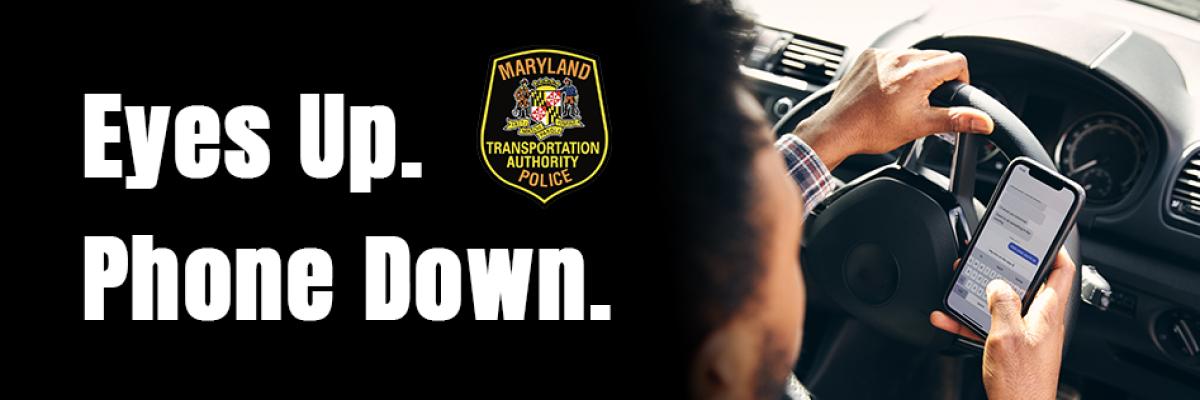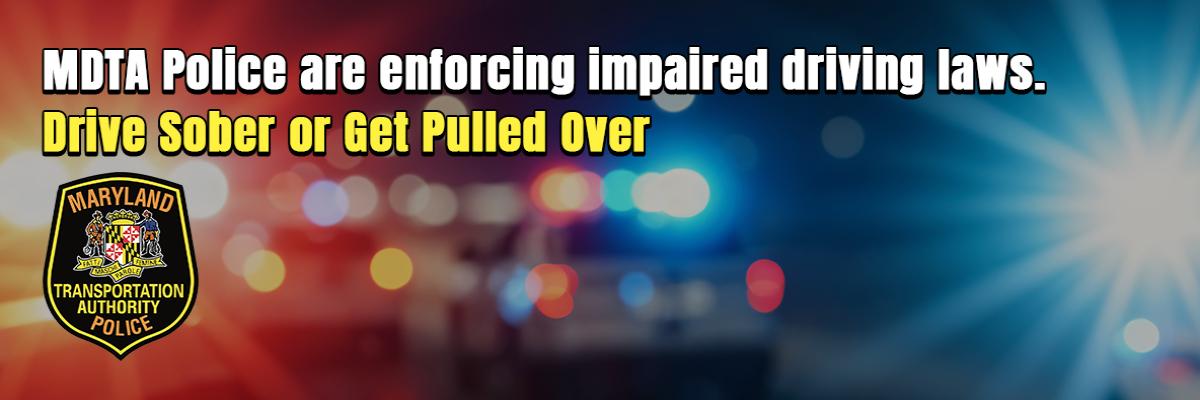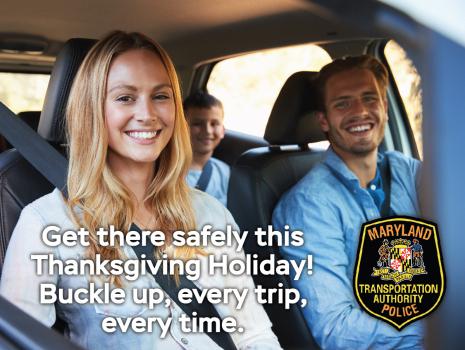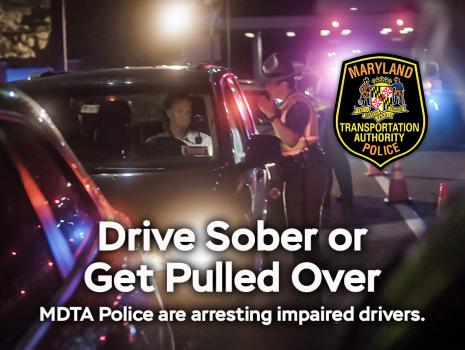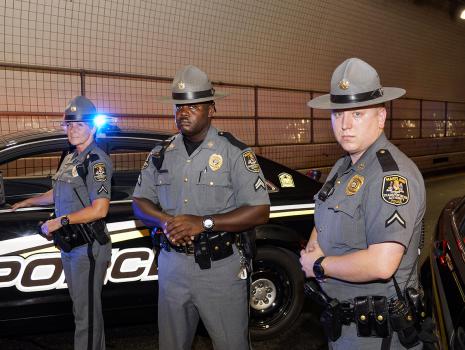BWI Airport Travel Tips
![]() In addition to policing Maryland's Transportation Facilities and the Port of Baltimore, Maryland Transportation Authority Police provide law enforcement services at the Baltimore/Washington International Thurgood Marshall Airport. Complementing law enforcement services at BWI Marshall Airport, Officers and Cadets provide traffic management at the terminal.
In addition to policing Maryland's Transportation Facilities and the Port of Baltimore, Maryland Transportation Authority Police provide law enforcement services at the Baltimore/Washington International Thurgood Marshall Airport. Complementing law enforcement services at BWI Marshall Airport, Officers and Cadets provide traffic management at the terminal.
The Maryland Transportation Authority Police are committed to providing a safe and secure environment for airport customers. This information is provided to help reduce the risk of crime by offering suggestions to protect travelers and their valuables.
Weapons:
- Under no circumstances are weapons, explosives, or flammable materials permitted on the airport's concourses or piers. This includes any souvenir, look-alike, or "toy" weapons and devices. Some examples are:
- Souvenir or mock hand grenades,
- Brass knuckles,
- Knives with blades 5 inches in length or longer,
- Nunchucks,
- Cane swords,
- Fireworks,
- Self-defense Mace or pepper spray,
- Throwing stars,
- Ammunition of any type,
- Lighter fluid,
- Slap-Jack or sand-clubs,
- Any other item or device that may be used, or construed, as a lethal weapon.
- Carrying and transporting weapons is regulated by Federal and State laws. Airline travelers wishing to transport weapons should check with airlines before bringing weapons to the airport.
- All comments relating to bombs or weapons will be taken seriously, even if the references are made in a joking manner. Individuals will be detained and questioned and are subject to arrest, fines and imprisonment.
Parking:
- Before you leave home, remove car phones, radar detectors and other expensive items from your vehicle. If this is not possible, items should be placed in the trunk of your car.
- Always take your parking-facility ticket with you. Leaving it in your car allows an unauthorized person to exit the parking facility without being challenged by the cashier.
- Always close car windows, lock the doors, and take your car keys with you.
Pickpockets:
- Pickpockets usually work in pairs. One distracts victims by jostling, crowding or pushing them, while the other lifts their wallets.
- Pickpockets also have been known to throw coins or dollar bills on the floor to distract their victims before offering to assist them in retrieving the money.
- Try to avoid carrying your wallet in your hip pocket.
- Always arrive early. You are most vulnerable when you are rushed.
- Beware of crowded areas where there is physical contact with strangers. Pickpockets work best in these areas.
- When using telephones or restrooms, or when waiting for transportation, always keep your property in sight, and check for your purse, wallet and luggage before leaving the area.
Luggage:
- Never leave your luggage unattended or out of your view, even for a moment.
- Find and use public lockers, or ask customer-service personnel about storage facilities.
- Never leave valuables, like cash or jewelry, in your luggage. These items can be removed easily.
- Before flying, remove old flight tags from your luggage. Old tags can cause confusion and misdirection of your luggage.
- As an extra safeguard, consider placing a strap or tie around your luggage or a seal on the zipper. These have proven to be excellent crime deterrents.
- For added protection, place adequate identification on the outside of your luggage.
- Never pack essential medication in checked luggage.
Ground Transportation:
- Use only recognized ground-transportation services. Transportation solicitation of any type is illegal.
- If you rent a car, never leave the rental contract in the car. The contract contains information about you, including your credit-card number. Care for your rental car contract as you would other valuables.
- When returning a rental car, be sure to remove all valuables and property. Return the car to the recognized car-rental area. Relinquish keys only to uniformed car-rental company agents.
Lodging:
- If your hotel has a safe, use it to protect your valuables.
- Before checking out of your hotel, make sure you are not leaving anything behind.
- Be careful of idle conversation, which might give someone an opportunity to steal from you by knowing your dinner plans or appointment schedule.
Money and Credit Cards:
- Carry only the credit cards you plan to use on your trip.
- Keep a list of credit-card numbers separate from your credit cards to report any lost or stolen cards.
- Avoid displaying large sums of cash. Instead, use travelers checks and credit cards.
- Make sure all credit receipts (carbon copies) are destroyed or returned to you.
- Never hide your PIN (personal identification number) for any ATM card in your wallet. Always memorize your PINs.
- Do not pack credit cards inside your luggage.
![]()
Visit the BWI Thurgood Marshall Airport website for more travel information.


